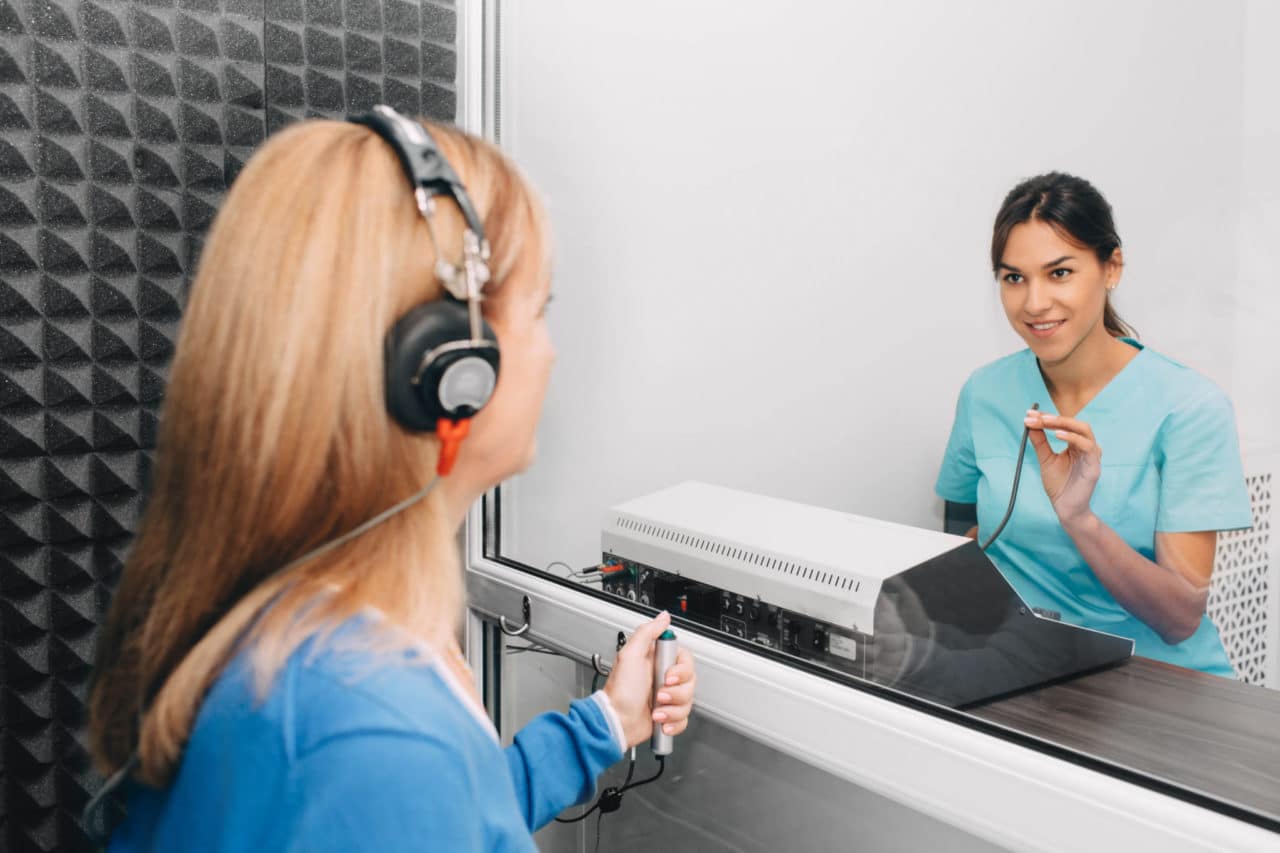Friday, May 31, 2024
If the Message Doesn't Get In, You Can't Use It
A big fat ZERO. That's the response that speech - language pathologists (SLP's) in home health gave to the 2023 ASHA Health Care survey, when they were asked, "are persons with the diagnosis of hearing loss, among the top five diagnoses on your caseload?". The assumption is that SLP's can contribute little to the management of communication problems, that a person with hearing loss faces. There's a dedicated profession for that: audiology, which began to require the doctoral degree for entry - level practitioners in 1998. Audiologists have training in and access to powerful technologies that help diagnose and (re)habilitate problems understanding oral language. SO - why are we even talking about hearing disorders and SLP, if we seldom get a referral for home health care of these persons?
First, hearing loss is often insidious, stealing away a person's independence for perceiving the world before the person understands what has happened. Hearing sensitivity can be altered by effects of lifestyle, of chronic disease, normal aging and other impairments which can leave a person robbed of the ability to recognize what is said to them.
Second, helping a person with a hearing loss to improve communication is not a simple process. If a person submits to hearing testing and has a mild to moderate problem, you may see either compliance with the recommendations, or an outright denial of any problem. If the person's hearing loss falls into the severe to profound range, following any rehabilitation plan is not only complicated by struggles with assistive technology, but also by the increased risk for cognitive impairment and for falls with worsening hearing. Only 20% of all persons who might benefit from use of technology like hearing aids actually use them. While the management of hearing impairment lies strictly outside the SLP scope of practice, the management of communication problems associated with hearing loss easily matches the skill set of the SLP.
For the present, many SLP's who want to help hearing - impaired persons will not get a referral to provide the service. Communication is not medically necessary? Regardless, if the person with hearing loss has access to a multidisciplinary team of professionals, each team member may take a role to help the individual communicate better. What follows is a modified "plan of care" for such a patient under the care of a team.
First, observe the patient's behavior in everyday settings with everyday activities. Does the patient require frequent repetitions or paraphrases of your comments or directions?
Second, help the patient obtain a hearing screening test if there hasn't been a recent test given. A screening test is designed to only answer one question: is there a problem? Two examples of hearing screenings you can do at home are: The National Hearing Test https://www.nationalhearingtest.org/wordpress/?page_id=2730 (free to AARP members annually; $12 to non-members), and the American Speech - Language - Hearing Association screener https://www.asha.org/public/hearing/hearing-screener/ (free to all, anytime). Another form of screening obtains the patient's own perspective, on how changes in hearing status affects daily functioning. An example of this screening assessment is the Hearing Handicap Inventory for the Elderly - Screening Form . Please see your SLP to obtain a copy of the assessment.
Third, recommend that your patient see their primary physician or healthcare provider, to share the test results. There is no one solution for hearing loss that meets all persons' needs.
Fourth, utilize communication strategies that you and the hearing - impaired person agree on, in your daily interactions - examples can be found at https://www.med.unc.edu/healthsciences/sphs/hcc/patient-resources/communication-strategies/ and https://www.ucsfhealth.org/education/communicating-with-people-with-hearing-loss
Since assistive technology for persons with mild to moderate hearing loss has become widely available, the "over - the - counter hearing aids" that are sold in Walgreens and Best Buy, as well as in audiology and some ENT physician offices, the responsibility of caring for one's hearing health falls upon the individual patient. Staying aware of one's hearing status and preventing hearing loss whenever possible is part of a total health regime.
I hope you've gained some new insights during National Speech - Language - Hearing Month! Keep on communicating.
Subscribe to:
Post Comments (Atom)





No comments:
Post a Comment